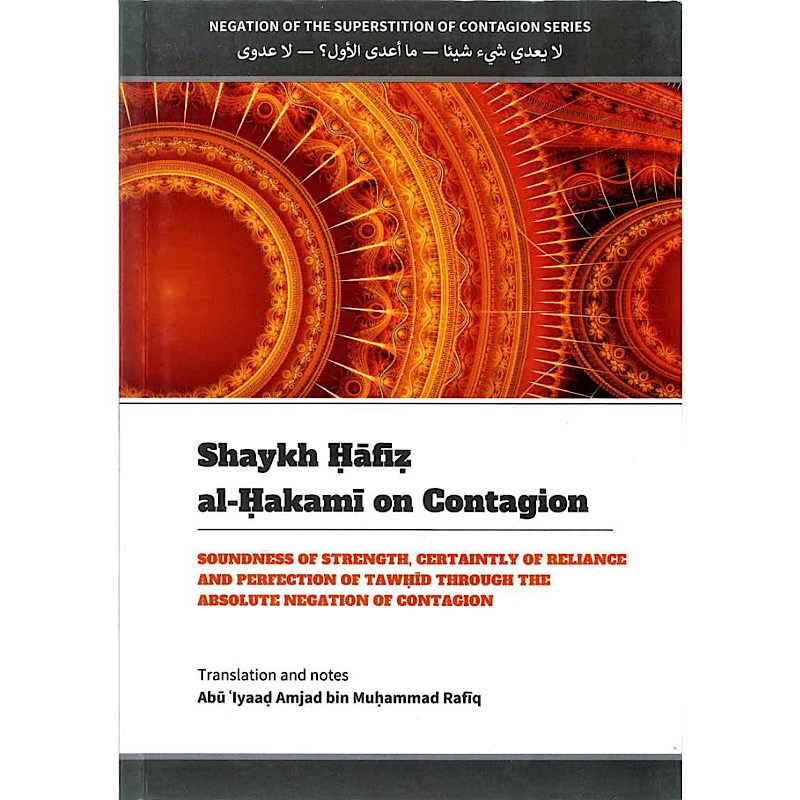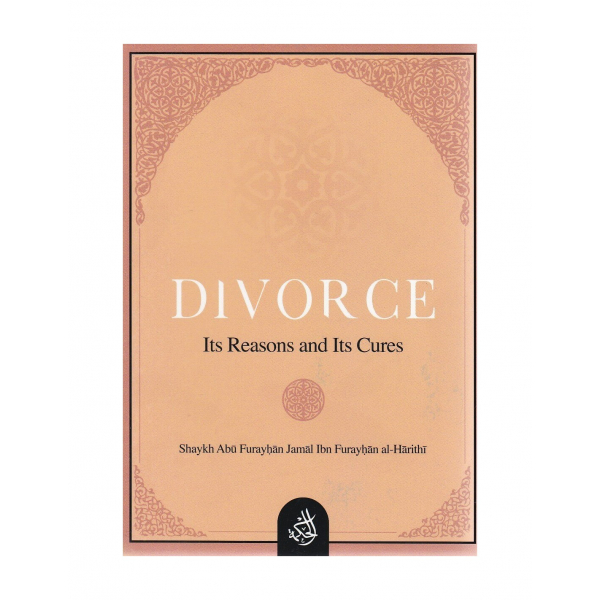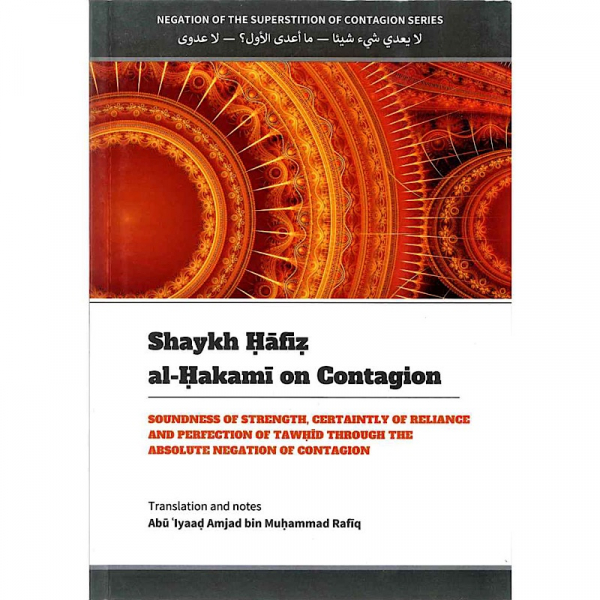Negation of the Superstition of Contagion Series
Abu Iyaad Amjad Ibn Muhammad Rafiq
Muslim scholars have offered numerous explanations when attempting to reconcile what appear to be conflicting hadiths on the subject of contagion.
However, full coherence within and between texts cannot be maintained except with the complete negation of the concept of contagion altogether, while also reconciling this with physically observed realities.
This is the view supported by many scholars from among the Companions right to the modern era.
From those scholars in the modern era is Shaykh Hafiz al-Hakami (رحمه الله) who outlined numerous angles of reconciliation between these apparently contradictory texts. These angles comprise the absolute negation of contagion.
The Shaykh clarified the affair from three angles, highlighting therein the issues of:
—confusing coincidence with causation,
—the reality of the asbaab, the causes, and their effects,
—distress and anxiety as promoters of disease.
Just as the Shaykh also alluded to what can arise from the notion of contagion of:
—discord and enmity,
—breaking of ties between people through baseless suspicion and unfounded accusations,
—erosion of belief in al-Qadar and weakness of reliance.
In the absolute negation of contagion lies internal and external coherence between texts, soundness of strength, certainty in reliance, proof against the disbelievers and polytheists, invalidation of their pseudosciences and superstitions, silencing of the Muʿtazilah, the Orientalists and others, and most importantly, the complete singling out of Allah in His Rubūbiyyah which has a strong, protective effect upon creed and conduct.















